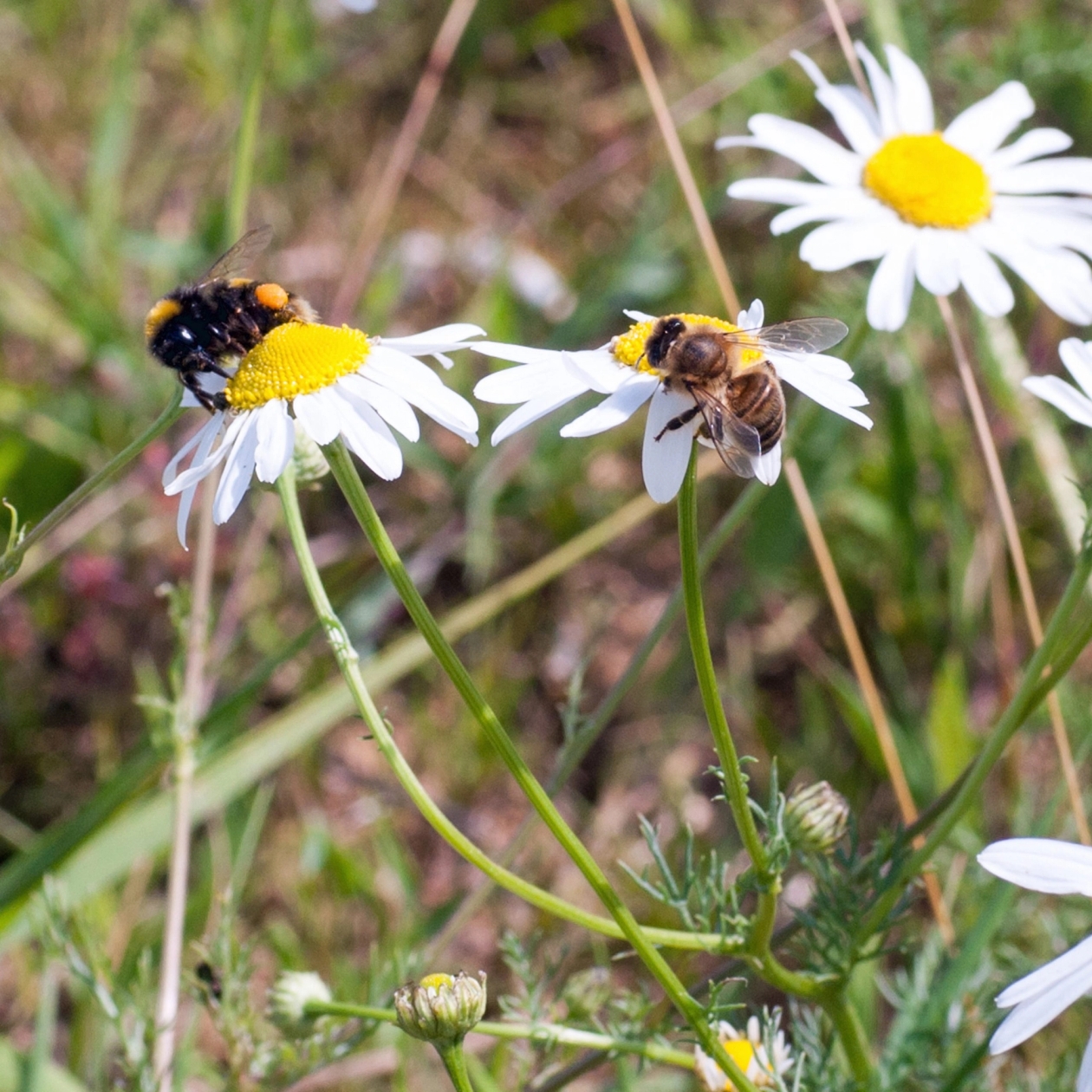Action on Biodiversity
Delayed by the Covid-19 pandemic, the first part of the UN’s 15th Convention on Biological Diversity (COP15 or “Biodiversity COP”) being held this week brings into focus the urgent need for immediate action on global biodiversity.
Held as a precursor to the in-depth negotiations expected to take place in person in May 2022 and positioned ahead of COP26, the resounding message is a need to “raise the ambition” and agree a new global deal to reverse biodiversity loss by 2050. During the conference, 100 countries signed up to the Kunming Declaration. This non-binding document pledges “to reform incentive structures, eliminating, phasing out or reforming subsidies and other incentives that are harmful to biodiversity” and “to mobilise additional financial resources from all sources, and align all financial flows in support of the conservation and sustainable use of biodiversity.”
At Low Carbon we believe biodiversity and nature loss are inextricably linked to climate change and everyone can play their part to be an agent of change. As rising temperatures cause the loss of plant and animal , protecting natural habitats can have a positive impact on climate change, including plants and trees absorbing carbon from the atmosphere. Peatlands, which are an incredibly effective carbon sink, are at risk of drying out through global warming. The loss of peatlands is not only the loss of an ecosystem, but the loss of a tool in the fight against climate change.
Over 1,000 businesses have urged world leaders to act decisively on nature loss, with a commitment to reverse it by 2030. In an open letter, they say that the UN’s draft-Post 2020 Global Biodiversity Framework “lacks the ambition and specificity required to drive the urgent action needed”.
These signatories state that they themselves are willing to adopt measures to both limit their negative impacts on nature, but also work towards net-positive models. We welcome this action and encourage all businesses to examine and address their own impact.
The stakes are high. An estimated 1 million species are threatened with extinction globally and the world has failed to fully achieve any of the 20 Aichi targets to stop biodiversity loss agreed at COP10, which were due to be achieved in 2020. The UK is believed to have missed anywhere from 14 to 17 of these targets.
A new tool from the Natural History Museum shows that the UK is in the bottom 10% of countries, with just 53% of native wildlife intact, with an area being 90% or more having enough biodiversity to be a functioning ecosystem. While there is work to be done globally, it is clear that significant efforts are still needed here in the UK.
To meet environmental targets, the UK will need to invest an additional £97bn, on top of existing investment levels, according to a new report from the Green Finance Institute (GFI). The GFI is now examining the barriers to private finance into nature positive projects and businesses. As investors ourselves, we know that there is a space for every business to support nature to flourish.
Fighting climate change and protecting biodiversity is, and always has been, at the heart of Low Carbon’s business. It is a driver behind our rapid international expansion, as we invest in renewable energy projects at scale and seek to bring carbon-neutral energy to people around the world.
With the delay to in-person negotiations, we have an opportunity to make the case to leaders that decisive action on biodiversity and nature loss is needed now.

